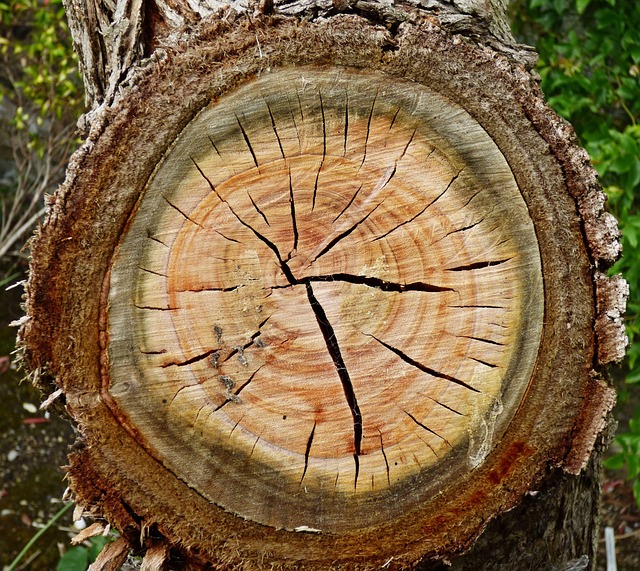Embracing Nature: 7 Sustainable Eco-Gardening Tips for a Thriving Habitat
Creating a thriving habitat through eco-gardening is more than just a hobby—it’s a commitment to nurturing the earth and fostering harmony between your garden and the environment. When you blend sustainability with your gardening passion, you cultivate not only plants but also well-being, biodiversity, and a sanctuary for local wildlife.
1. Choose Native Plants
Native plants are the heart of sustainable landscaping. They’re naturally adapted to local soil, climate, and pests, requiring less water and fewer chemicals. By planting indigenous species, you support native pollinators and preserve the ecological balance of your habitat.
2. Compost Kitchen and Garden Waste
Instead of sending organic waste to landfills, turn it into black gold—rich compost. Composting enriches the soil with vital nutrients, improves moisture retention, and reduces the need for synthetic fertilizers. It’s a simple eco-gardening practice that closes the loop and honors nature’s cycles.
3. Harvest Rainwater
Water conservation is essential in eco-gardening. Install rainwater collection systems like barrels or cisterns to capture and reuse rain for irrigation. This reduces dependence on municipal water and helps maintain healthy, hydrated plants even during dry spells.
4. Create Wildlife-Friendly Spaces
Design your garden as a haven for birds, bees, butterflies, and beneficial insects. Include flowering plants, native shrubs, sheltered spots, and water sources. By encouraging biodiversity, you promote natural pest control and enhance ecosystem resilience.
5. Reduce Lawn Areas
Lawns often demand excessive water and fertilizers. Replace sections with ground covers, wildflowers, or vegetable beds to make your garden more sustainable and resource-efficient. Less lawn means less maintenance and a greater contribution to habitat health.
6. Use Organic Mulches
Mulching with leaves, straw, or wood chips conserves moisture, prevents soil erosion, and suppresses weeds without synthetic chemicals. Organic mulches also gradually enrich the soil as they decompose, supporting a vibrant ecosystem beneath your feet.
7. Practice Crop Rotation and Companion Planting
Mixing different plants and rotating crops each season prevents soil depletion and discourages pests naturally. By planning your garden thoughtfully, you maintain soil fertility and create beneficial plant interactions that sustain a thriving habitat.
Eco-gardening invites you to be a steward of the land, creating a vibrant space where both people and nature flourish. With these sustainable tips, your habitat can become a flourishing, balanced ecosystem filled with life, color, and health.




